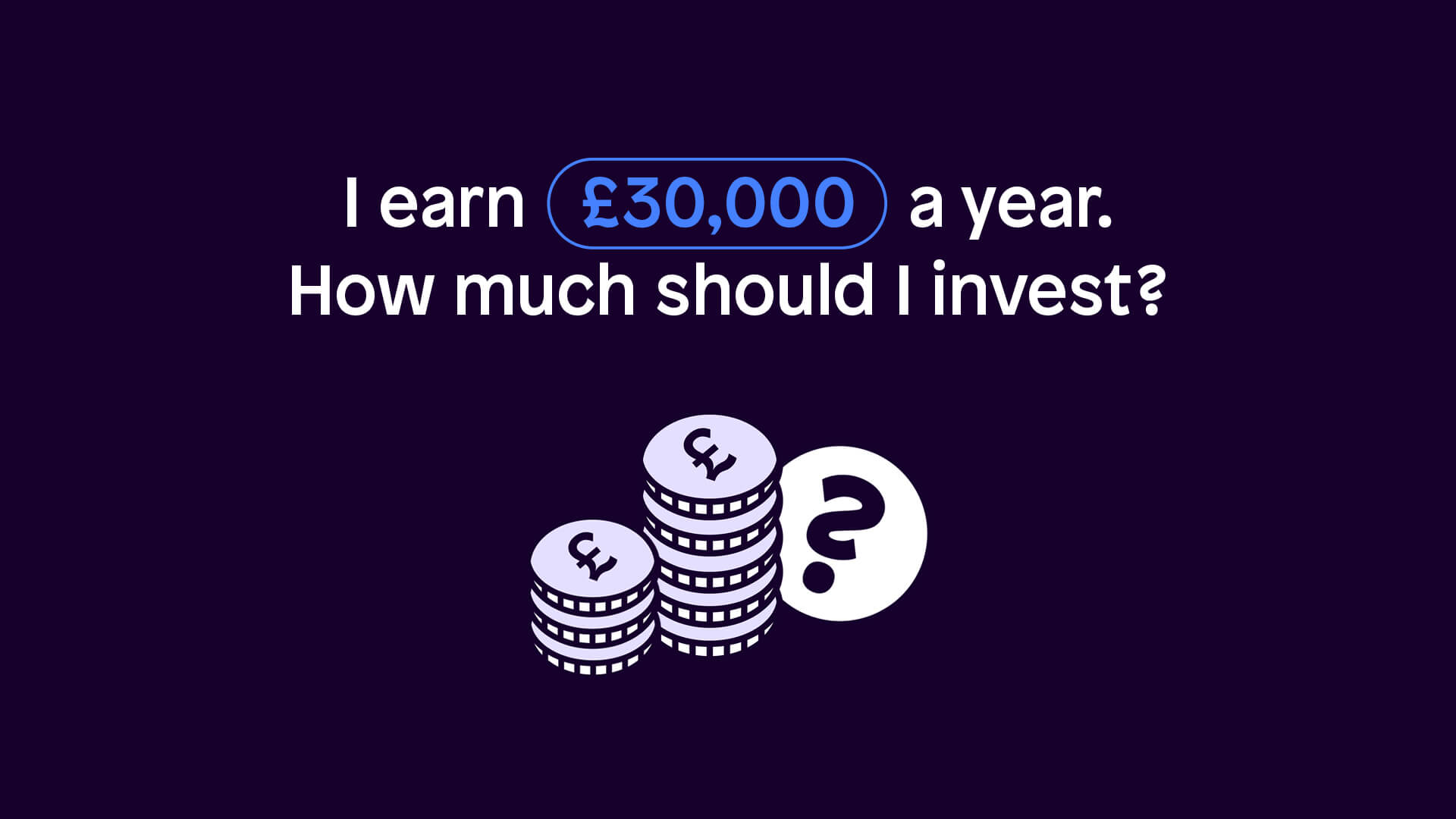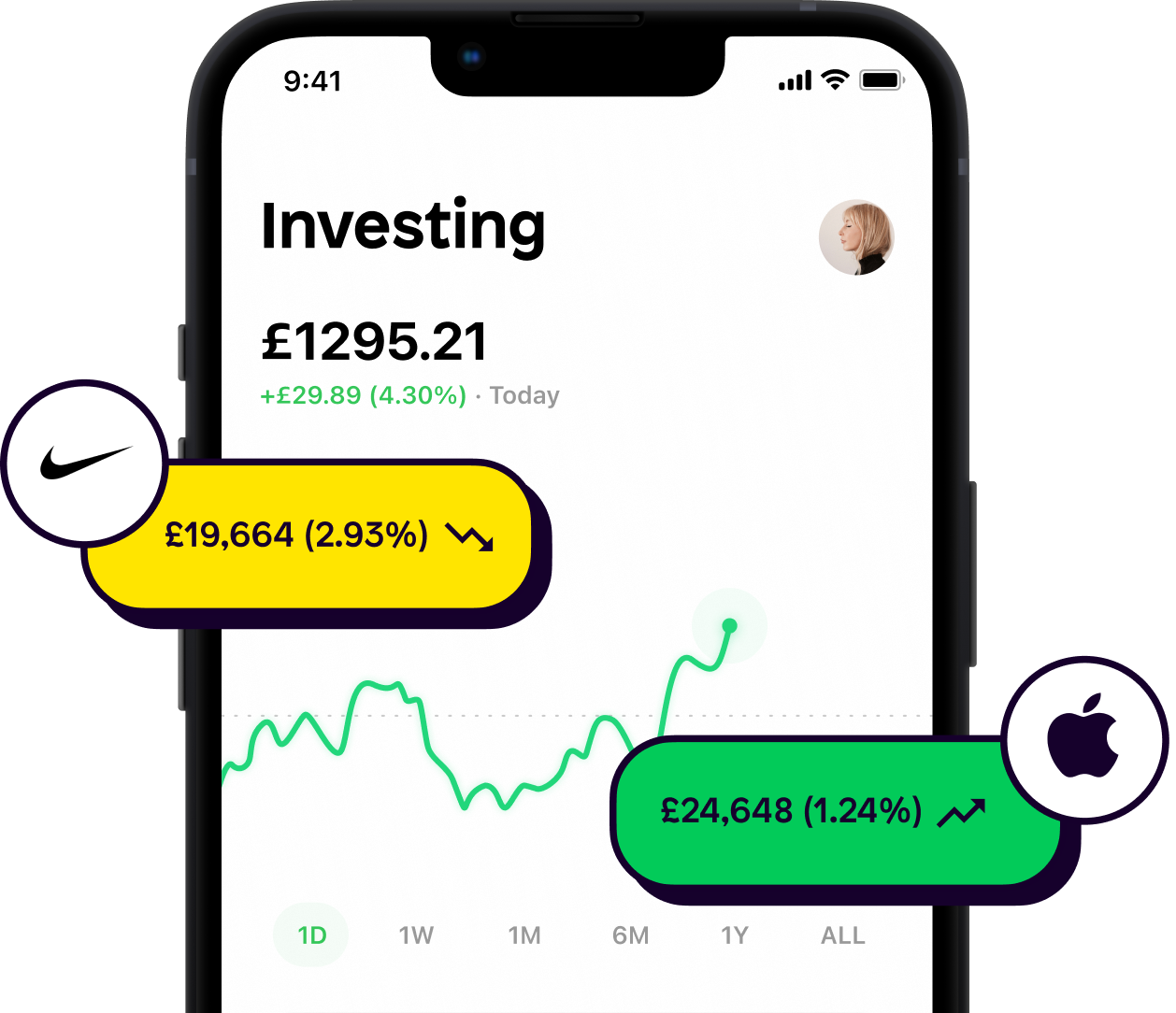For the unseasoned investor it's infuriating not being able to find a simple yes or no answer. But why is this?
Well, most people aren't qualified to issue financial advice, ourselves included. And more to the point, no one actually knows what's going to happen to the markets next year, next week, or even in a few hours time!
Your own situation must also be factored in – a person approaching retirement isn't going to have the same investment strategy as a bushy-eye and tailed 18-year-old entering the workplace.
But just because we can't give the exact answers you seek, doesn't mean we can't help out.
Here are some things to consider when weighing up if right now is the right time to invest.
1. Focus on time, not timing
You may think investing is an art of buying stocks when they're at their lowest, and selling them at their highest. But no one knows when we're at the lowest or at the highest points.
Instead of trying to 'time the market', many long-term investors try to spend as much time invested in the market, as historically, the stock market has increased by 10% each year on average. (Do keep in mind past projections aren't an indicator of future performance, rather something people use to help aid their decision-making)

Time in the market beats timing the market
2. Are you ready to invest?
You may love the idea of investing and building your wealth, but still feel unsure about whether you're ready.
If you’re not 100% sure, visit our article are you ready to invest? In this handy guide, we talk through a 5-step checklist involving debt, pensions, budgets and more. It’s more fun than it sounds, promise.
3. What's going on in the world?

It's a big ask to keep tabs on what's going on in the entire world. That's why we focus on 3 things that move the stock market each week in our newsletter, The Weekly Scoop. Subscribe to keep up-to-date.
Plug number 2 here, we also have a news page which goes into more detail on certain topics like why Meta is in trouble.
Or, if you simply just prefer to watch the news and refresh Twitter, that's fine too. The key is to always connect the dots on cause and effect – what caused a stock's price to change and did it increase or decrease?
4. Assess a company
Assessing a company can be broken down into two parts: deciding when to buy a stock and when to sell a stock. For a more in-depth guide on this, visit our article when is the best time to buy and sell stocks?
If numbers are your love language, then you're in luck. A company's performance can be measured objectively using metrics such as ratios - here are 3 ratios that help assess a company's performance.
5. Understand the economy
Don’t panic, I'm not saying you need to be a Nobel prize-winning economist, or start writing articles for the Financial Times.
Instead, having an idea about what high interest rates and high levels of inflation mean for a business can help you make more educated assumptions on business's growth. It's hard knowing where to start with this kinda' stuff, but lucky for you, you're in the right place.
Give our article on how to invest when interest rates are high a read!
So, is it a good time to invest? Well, the S&P 500 being down 18.8% this year will undoubtedly see people buy the dip, but this doesn't mean it's necessarily a good time for you to invest. Things like age, budgeting and your own financial health are examples of internal factors you want to consider. And then there's the external factors to consider, like what's going on in the world and how this could move the markets.
Are you looking to start investing? If so, download the Shares app and let us know how your journey is going by getting involved in one of our communities! Make sure to follow us on our socials 👇
As with all investing, your capital is at risk.
Shares is a trading name of Shares App Ltd. Shares App Ltd is an appointed representative of RiskSave Technologies Ltd, which is authorised and regulated by the Financial Conduct Authority.













